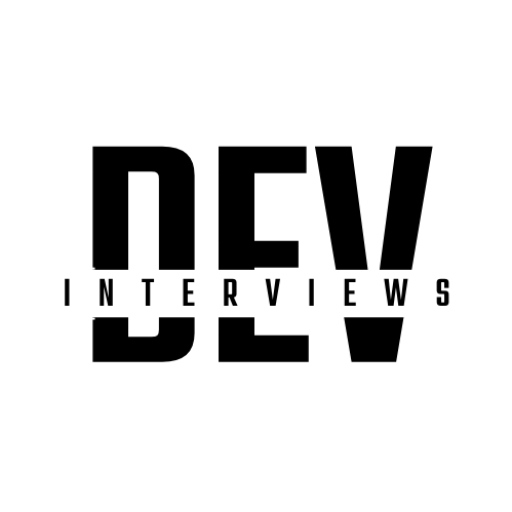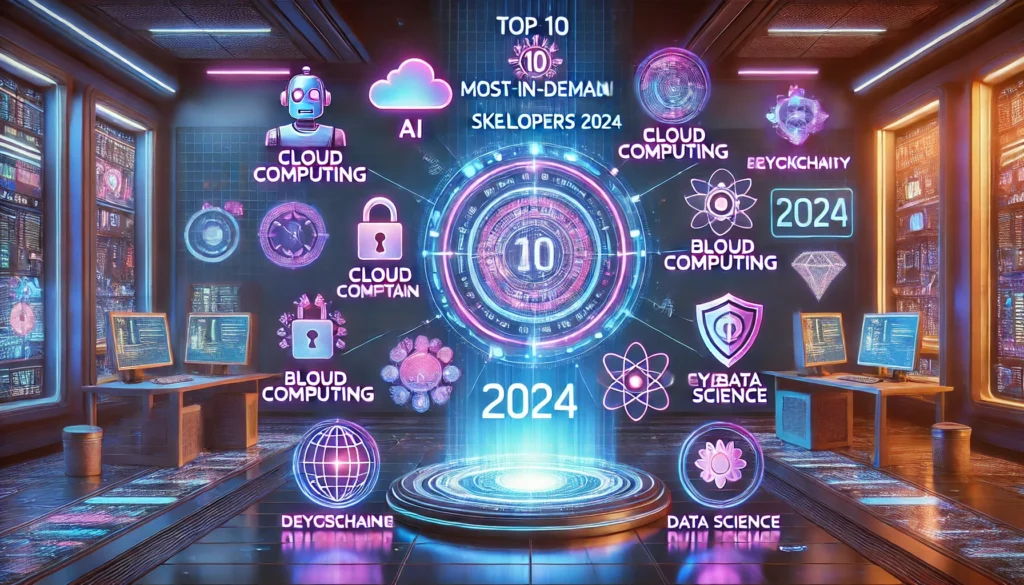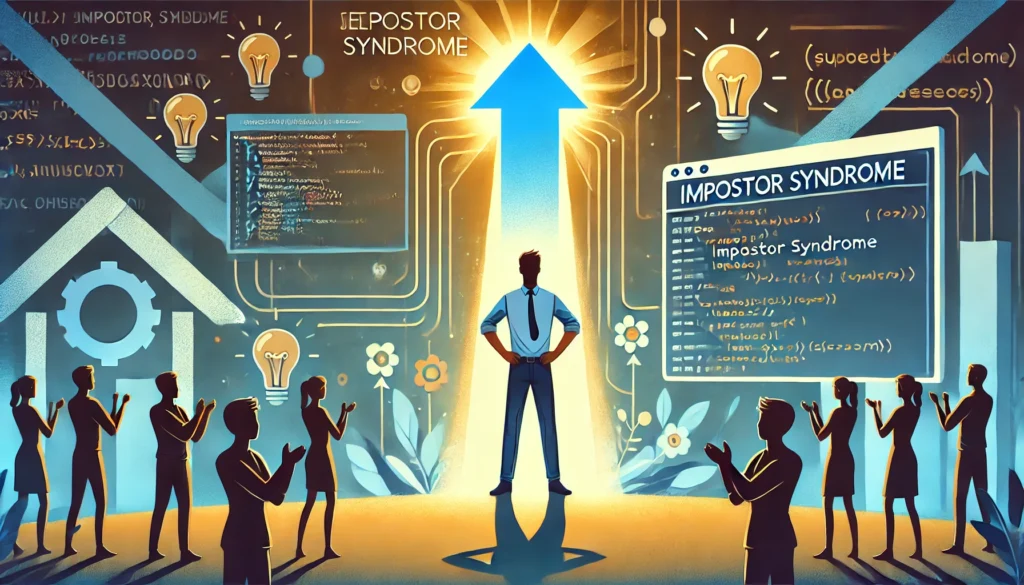Social media is no longer just a platform for casual networking or entertainment; it has become a powerful tool for career growth, especially in the tech industry. For developers, social media provides unique opportunities to showcase their skills, network with peers, and stay updated on industry trends. In this blog, we’ll explore how developers can effectively use social media in 2025 to advance their careers, build their personal brands, and connect with like-minded professionals.
Category: Career Tips
This blog belongs to the Career Tips category, offering actionable advice for developers to utilize social media for professional growth.
1. Build a Strong LinkedIn Profile
LinkedIn remains the most essential platform for professional networking. A well-crafted LinkedIn profile can act as your online resume and help you connect with recruiters, industry leaders, and fellow developers.
- Optimize your profile with a professional photo, a compelling headline (e.g., “Full-Stack Developer | React & Node.js | Open Source Enthusiast”), and a detailed summary.
- List your technical skills, certifications, and project experience, including links to your GitHub and portfolio.
- Regularly share content such as blog posts, project updates, or insights on industry trends to engage your network.
LinkedIn is also a great place to join tech-specific groups and participate in discussions to showcase your expertise.
2. Showcase Your Work on GitHub and Twitter
GitHub and Twitter are excellent platforms to showcase your coding skills and projects. They allow you to demonstrate your technical expertise to a broader audience.
- On GitHub:
- Maintain a well-organized GitHub profile with repositories that highlight your best work.
- Write clear README files for your projects to explain their purpose, features, and how they work.
- Contribute to open source projects to gain visibility and credibility within the developer community.
- On Twitter:
- Share insights, tips, or lessons learned from your development journey.
- Tweet about the technologies you’re passionate about and engage with hashtags like #100DaysOfCode or #DevCommunity.
- Follow and interact with influential developers and tech companies to grow your network.
3. Use YouTube or TikTok to Teach and Build Authority
Video content is one of the most engaging ways to share knowledge, and platforms like YouTube and TikTok offer massive opportunities for developers to showcase their expertise.
- On YouTube:
- Create coding tutorials, explain complex technical concepts, or document your learning journey.
- Focus on trending topics, like “Building a Full-Stack Application with Next.js” or “Top 10 Python Tricks for Beginners.”
- Engage with your audience by responding to comments and sharing additional resources.
- On TikTok:
- Post bite-sized videos with quick coding tips, tricks, or career advice.
- Use trending sounds or hashtags to increase visibility.
- Leverage TikTok’s informal nature to show the fun side of being a developer, such as coding memes or “day-in-the-life” videos.
4. Write and Share Blogs on Medium or Dev.to
Blogging is a fantastic way to establish yourself as an authority in your field. Platforms like Medium and Dev.to are specifically popular among developers for sharing technical knowledge.
- Write about your experiences, such as solving a complex bug, learning a new framework, or reviewing tools and libraries.
- Break down complicated topics into beginner-friendly guides, as these are highly shareable.
- Promote your blogs on other social media platforms to maximize reach.
Blogging not only helps you gain recognition but also enhances your communication skills, which are highly valued in the tech industry.
5. Join Developer-Focused Communities
Social media platforms like Reddit, Discord, and Slack have vibrant developer communities where you can learn, share, and collaborate.
- On Reddit:
- Join subreddits like r/webdev, r/programming, or r/learnprogramming to discuss coding challenges, trends, and tips.
- Contribute to discussions and answer questions to build a positive reputation.
- On Discord/Slack:
- Participate in tech-focused servers or channels that align with your interests, such as React, Python, or DevOps.
- Collaborate on community projects or hackathons to grow your skills and network.
These communities are excellent for finding mentors, learning about job opportunities, and staying updated on the latest trends.
6. Use Social Media to Build Your Personal Brand
Personal branding is critical for standing out in the competitive tech job market. Use social media strategically to create a professional image.
- Be consistent in your tone, style, and the type of content you share across platforms.
- Focus on a specific niche or technology (e.g., front-end development, cloud computing, or data engineering) to position yourself as an expert.
- Engage with your audience by replying to comments, sharing resources, and starting conversations.
A strong personal brand can open doors to job opportunities, speaking engagements, and collaborations with other professionals.
7. Stay Updated on Industry Trends
Social media is one of the fastest ways to stay informed about the latest tools, frameworks, and industry news.
- Follow influential developers, tech companies, and thought leaders on platforms like Twitter and LinkedIn.
- Subscribe to newsletters or communities that share curated tech content.
- Use social platforms to participate in tech-related webinars, livestreams, and Q&A sessions.
By staying updated, you can position yourself as a knowledgeable developer who’s always ahead of the curve.
Conclusion
Social media has become an invaluable tool for developers to advance their careers, build their networks, and showcase their skills. Whether it’s sharing your code on GitHub, engaging with the community on Twitter, or teaching on YouTube, there are countless ways to leverage social media effectively. Start small, be consistent, and focus on providing value to your audience. By 2025, social media could be the key to unlocking your next big career opportunity.




